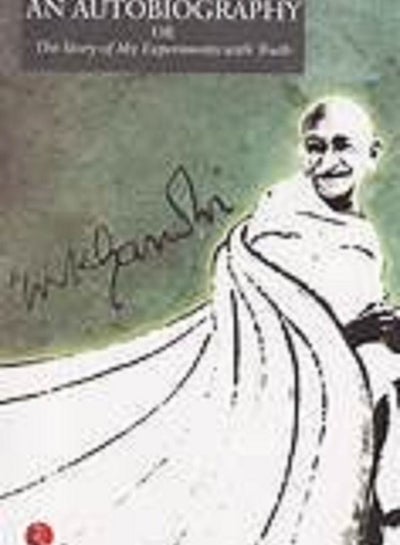37.80AED
-
Lowest Price
37.8 -
Highest Price
37.8 -
Recent Price Raise
0%

37.80AED

|
HOPEFUL - an autobiography |
78.00 AED |
Buy Now | |

|
An Autobiography Paperback |
176.00 AED |
Buy Now | |

|
Sach Kahun Toh: An Autobiography |
41.00 AED |
Buy Now | |

|
Not Much Of An Engineer:- An Autobiography |
91.00 AED |
Buy Now | |

|
Up From Slavery: An Autobiography Paperback |
31.00 AED
|
Buy Now | |

|
An Autobiography : And Other Writings Paperback |
60.00 AED
|
Buy Now | |

|
Raja Al Gurg An Autobiography Hardback |
260.00 AED |
Buy Now | |

|
Nora Trims Her Lamp: An Autobiography Hardcover |
130.00 AED
|
Buy Now |